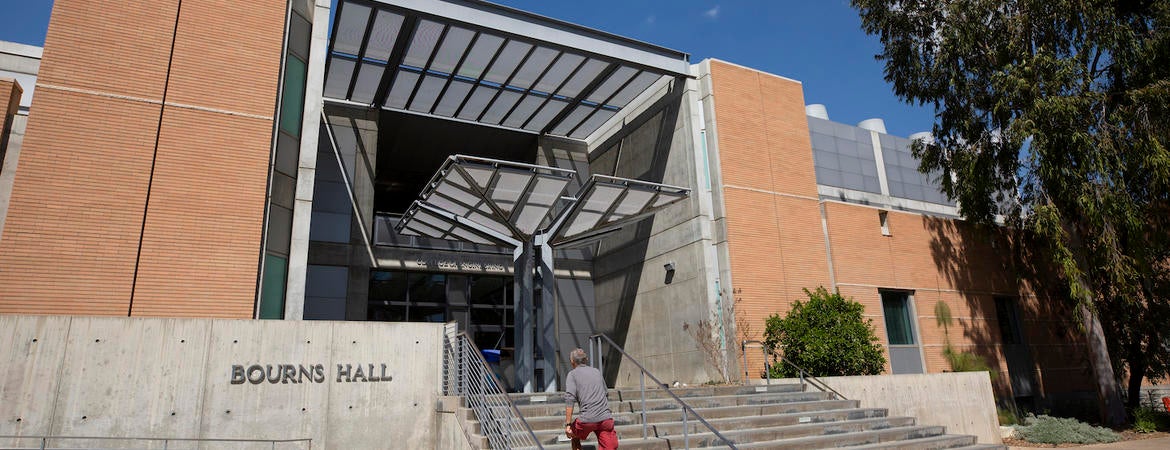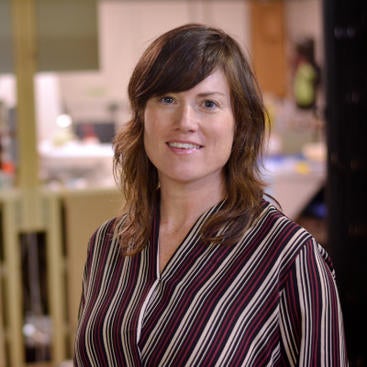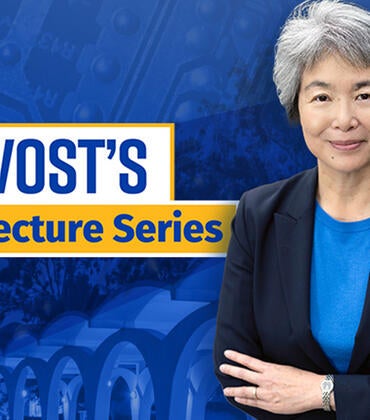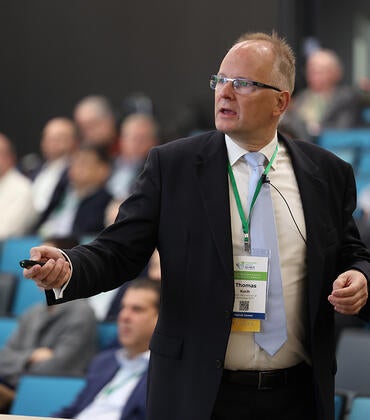UC Riverside’s Marlan and Rosemary Bourns College of Engineering has received $800,000 from the National Science Foundation to build awareness and understanding of exclusionary behaviors in STEM, and enable effective intervention through bystander training.
The work will create a network of engineering leaders across the UC system who are committed to achieving equity and inclusion for women faculty in engineering in order to support sustained recruitment, retention, and promotion of diverse faculty, starting in the Bourns College of Engineering and expanded through a partnership with the UC Engineering Deans’ Council. The project is a collaboration with CSU San Bernardino, whose portion of the grant totals $445,000.
In a preliminary survey of UC engineering faculty members, female faculty had a lower perception than male faculty of whether their colleagues valued their contributions to teaching, mentoring, research, and service. In addition, fewer respondents thought opportunities were as good for female or underrepresented minority faculty as they were for male faculty.
Over half of the respondents reported experiencing or observing microagressions, bias, or exclusionary behaviors.
“While approximately half of those respondents said they would know how to effectively intervene on someone else’s behalf, only around one-third responded that someone did intervene and about three-fourths responded that they did not think their collegues would know how to effectively intervene,” said Kelley Barsanti, an associate professor of chemical and environmental engineering who leads the effort at UC Riverside.
A particular focus of the project will address the intersectional experiences of underrepresented faculty and resistance to change among overrepresented faculty.
The funding comes as part of the National Science Foundation’s Organizational Change for Gender Equity in STEM Academic Professions, or NSF ADVANCE, program, which seeks to broaden the implementation of evidence-based systemic change strategies that promote equity for STEM faculty in academic workplaces and the academic profession.
“Our NSF ADVANCE partners have developed training materials and methods to increae understanding of sexual harassment in STEM and approaches for mitigating such behaviors,” said Barsanti. “Part of that program involves bystander intervention trainting, in which the ‘four Ds’—direct, distract, delegate, and delay— are used to help participants identify bystander intervention strategies.”
These materials and methods will be adapted to demonstrate and address gender and sexual bias and harassment in academic settings, particularly UC colleges of engineering. The initial focus will be on faculty and department meetings, where critical decisions are made regarding hiring, research, service, and teaching expectations as well as promotion.





